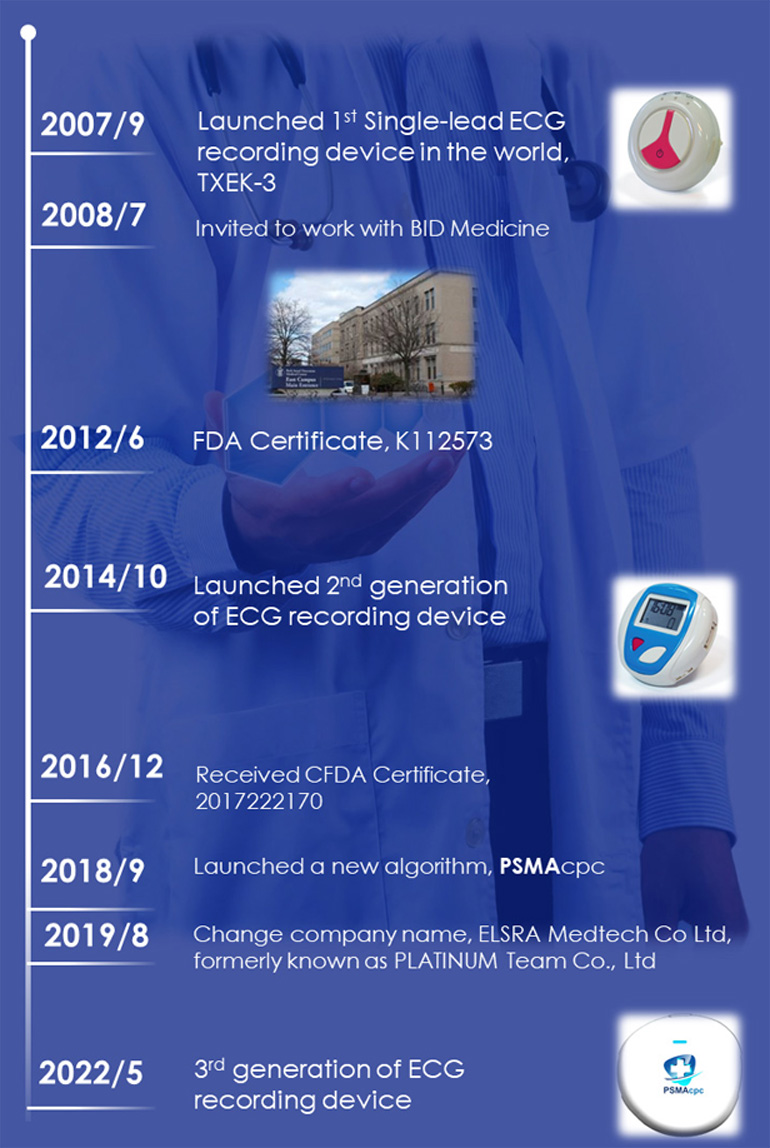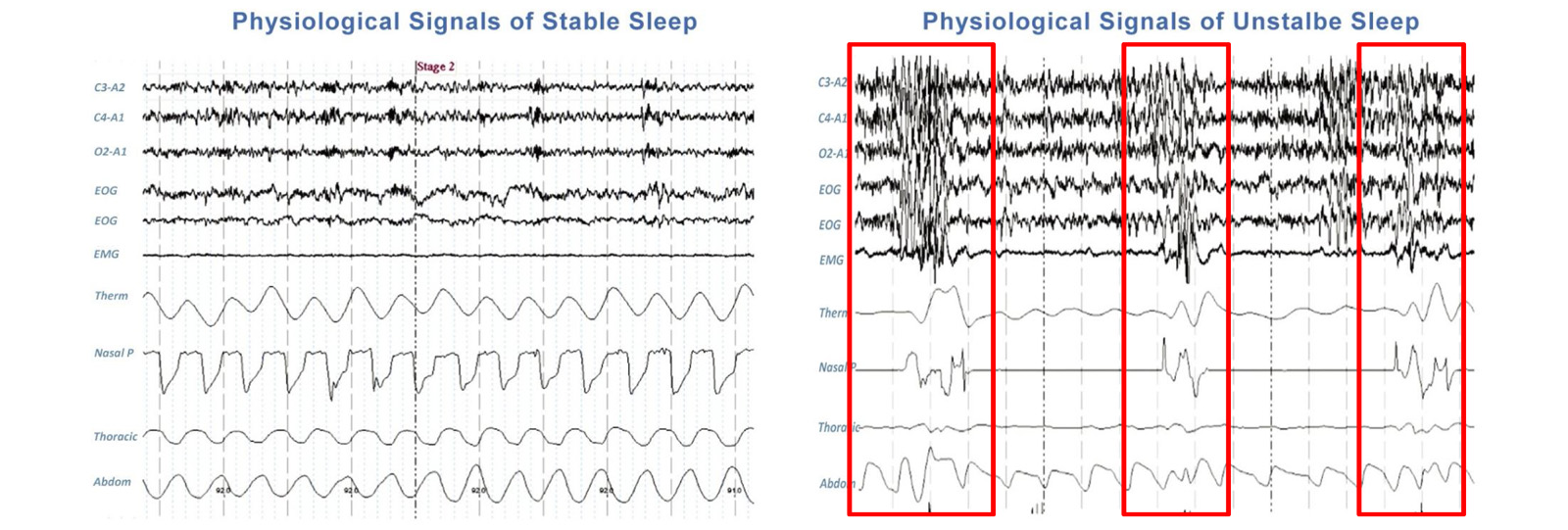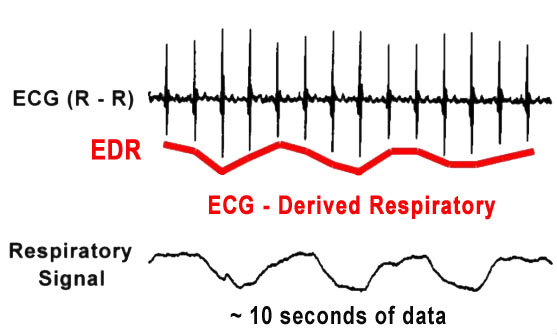 Company Profile
Company Profile
 ELSRA MedTech Co., Ltd (formerly known as PLATINUM Team Co., Ltd), established for 14 years, is committed to sleep quality monitoring technology. In 2007, we launched the 1st compact size single-lead patch ECG recording device in the world for home use, making it possible to popularize sleep monitoring and opening a new generation of low-interference sleep quality monitoring technology.
ELSRA MedTech Co., Ltd (formerly known as PLATINUM Team Co., Ltd), established for 14 years, is committed to sleep quality monitoring technology. In 2007, we launched the 1st compact size single-lead patch ECG recording device in the world for home use, making it possible to popularize sleep monitoring and opening a new generation of low-interference sleep quality monitoring technology.In 2008, we happened to have an opportunity to cooperate with Dr. C. K. Peng who is a statistical physics expert at Harvard Medical School, BID Medicine. The Harvard Medical School team was commissioned by an insurance company to study the correlation between sleep disorders and chronic diseases (diabetes, cardiovascular diseases, hypertension... etc.). This team is led by Dr. C.K. Peng and includes experts in the fields of sleep medicine expert (Dr. Robert Thomas), electrocardiogram expert, physiological signal analysis expert and etc.
They used Polysomnography (PSG) collected by the Sleep Lab for research. These physiological signals were obtained from brain waves, eye movements, nasal airflow, chin, chest movement, electrocardiogram, blood oxygen, etc., and then were analyzed to determine whether there is a sleep disorder. From these physiological signals, they found that the physiological signals such as blood oxygen index from the top of the brain wave to the bottom are very consistent in stable sleep.

The above physiological signals of Polysomnography (PSG) presented in stable sleep or unstable sleep are quite consistent, which means that the judgment of sleep disorders actually does not require so many physiological signals. Just choose one or two physiological signals to make a judgment would be enough. Although brain waves are a gold standard for judging sleep, they chose the ECG signal because the ECG signal is easy to get and very stable.
 Because the instrument is attached to the chest, the fluctuation of the chest cavity produces a potential difference. Therefore, the amplitude of the ECG signal is high and low, and a breathing signal can be derived. The red line curve of this respiration signal is consistent with the respiration signal made by the actual use of airflow changes in the bottom black curve, so these two parts are used. The heart rate change has the breathing derived from the ECG signal. This is the so-called cardiopulmonary coupling analysis method (Cardiopulmonary Coupling, CPC). CPC is a patent of Harvard Medical School. It has been more than ten years since they proposed such a theoretical method in 2005. There have been tens of thousands of citations of their works and they have also been used in practical clinical applications.
Because the instrument is attached to the chest, the fluctuation of the chest cavity produces a potential difference. Therefore, the amplitude of the ECG signal is high and low, and a breathing signal can be derived. The red line curve of this respiration signal is consistent with the respiration signal made by the actual use of airflow changes in the bottom black curve, so these two parts are used. The heart rate change has the breathing derived from the ECG signal. This is the so-called cardiopulmonary coupling analysis method (Cardiopulmonary Coupling, CPC). CPC is a patent of Harvard Medical School. It has been more than ten years since they proposed such a theoretical method in 2005. There have been tens of thousands of citations of their works and they have also been used in practical clinical applications.With the new method, another important part is the ECG recording device. During the research, they found that there are some limitations and the testing environment is demanding. After cooperating with Harvard Medical School in 2008, we launched 1st single-lead ECG patch in 2009 and launched a new single-lead ECG patch with LED display and G sensor in 2014.
The first single-lead ECG patch (TXEK-3) has been in the laboratory for more than 10 years since 2007. It has experienced various practical application demonstrations in obtaining software and hardware certifications. Thanks to long-term accumulated experience and more than 100,000 monitoring reports, the latest algorithm PSMAcpc (Physiology Signal Modeling Algorithm) is developed by ELSRA Medtech R&D team and officially launched in 2018.
The PSMAcpc, Physiological Signal Modeling Algorithm is mainly based on CPC theory, using physiological signals to analyze basic signal waveforms, and establishing individual characteristic models in different states based on the body's natural physiological responses. The application of PSMAcpc technology can accurately and steadily identify the [stable state] and [unstable state] of physiological signals, and can subdivide the levels of [stable state] and [unstable state] as a distinction between human health and suboptimal health and use them as tracking indicators for health conditioning.
We hope that through PSMAcpc, we can provide a simpler home-based sleep monitoring service, let more people know the impact of sleep apnea on their health, and provide correct professional advice to improve the quality of sleep and enjoy a comfortable life for customers. It also provides a simple & cost-effective device to monitor sleep health in developing countries and areas with insufficient medical resources.


